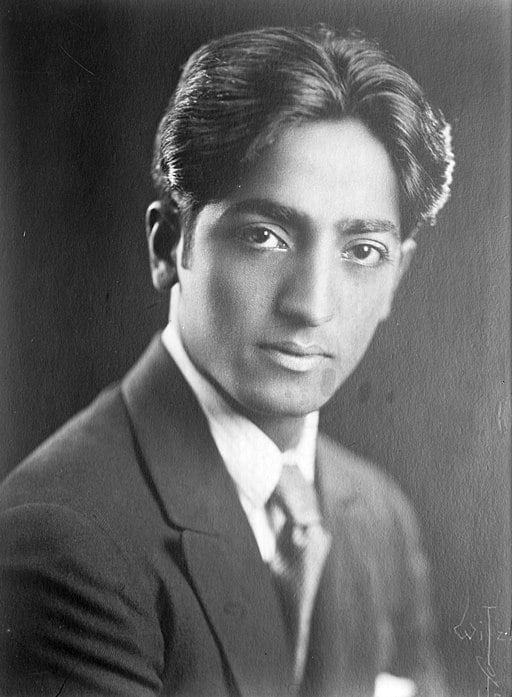Jiddu Krishnamurti’s Way of Liberation
Jiddu Krishnamurti (1895-1986) was a South Indian spiritual teacher, philosopher, and writer. He was born in Madanapalle, India, and was raised in the Theosophical tradition. In 1929, at the age of 34, Krishnamurti renounced all claims to be a messianic figure and disbanded the Order of the Star in the East, which had been founded to support him. He then embarked on a lifelong career of teaching and speaking, in which he emphasized the importance of individual freedom and responsibility.
Krishnamurti’s philosophy is based on the idea that the human mind is conditioned by the past, and that this conditioning is the source of all suffering. He taught that the only way to free oneself from suffering is to observe the mind without judgment and to let go of all attachments. He also emphasized the importance of love, compassion, and understanding, and believed that these qualities were essential for creating a more peaceful world.
Krishnamurti’s teachings have had a profound impact on many people around the world. He is considered one of the most important spiritual teachers of the 20th century, and his work continues to be widely read and studied today.
Here are some of the key points of Krishnamurti’s philosophy:
- The mind is conditioned by the past.
- This conditioning is the source of all suffering.
- The only way to free oneself from suffering is to observe the mind without judgment and to let go of all attachments.
- Love, compassion, and understanding are essential for creating a more peaceful world.
Krishnamurti’s teachings are challenging, but they offer a powerful path to freedom and peace.
Image credit
See page for author, Public domain, via Wikimedia Commons
